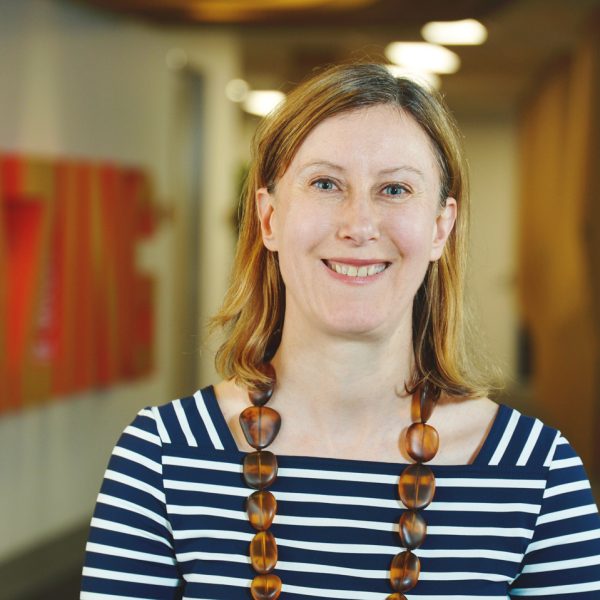I think there are several opportunities to offer older donors who are no longer active donors ways to be involved in Lifeblood. One way is through volunteering at their local donor centre. We have asked donors if they would be interested in volunteering once they are no longer donors and found that most, but not all expressed interest in volunteering. However not all donor centres have volunteers on site, so this is not an option for everyone.
Another potential way for older donors to transition to a post-donation identity within Lifeblood could be through recruiting friends and family members as donors. Research has found that donation values can be passed down within families, and that first-time donors often mention the influence of family and friends. As older donors already have knowledge about donating, for example about donation types, the donation procedure and minimum inter-donation intervals, they would be ideal to pass this knowledge on to others. Lifeblood could design a trial to ask older donors to recruit at least one new donor, and potentially set up a group of older ex-donors to share knowledge about how best to do this.
Given the knowledge that older adults have about donation, and their familiarity with what happens during a donation, they could also ‘shadow’ first-time blood or plasma donors at their first donation to provide reassurance to these donors. This could also be trialled to see whether first-time donor return is higher when they are shadowed by an experienced donor compared with a control condition.
